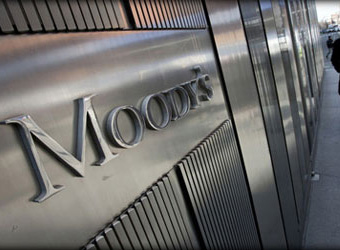In a report published today, Moody’s Investors Service says that Egypt’s Caa1 sovereign rating with negative outlook reflects the country’s considerable economic dislocation and political uncertainty, stemming from the January 2011 revolution.
The rating agency’s report is an update to the markets and does not constitute a rating action.
Following the ousting of the Morsi government by the military in July, Moody’s affirmed the country’s rating, noting that Egypt’s external liquidity pressures were eased significantly by the $12 billion external financial support package from the governments of Saudi Arabia (Aa3 stable), Kuwait (Aa2 stable) and the United Arab Emirates (Aa2 stable). Moreover, the political road map laid out by the interim, military-installed government for a return to democracy by early 2014 and the recent reduction in the government’s debt-financing costs, below post-revolution peaks were also supportive of the rating.
Nonetheless, political uncertainty and turmoil in Egypt since the eruption of the revolution in January 2011 remain a constraint on the country’s credit profile. Formerly robust foreign direct investment has collapsed, ratcheting down real GDP growth. The effects of the revolution have been telling on government finances. Fiscal deficits have widened sharply as heightened social tensions led to higher wage and subsidy expenditures, while weak economic conditions have also depressed its revenue performance. Moreover, frequent political reshuffles have impaired the government’s ability to gain the support of the IMF for policy reform and balance of payments assistance.
Any upward movement in the rating is unlikely over the near term, as captured by the negative outlook. The implementation of fiscal and economic reforms that reduce macroeconomic imbalances would be credit positive, but economic outcomes will likely hinge on a reduction in political tensions.



